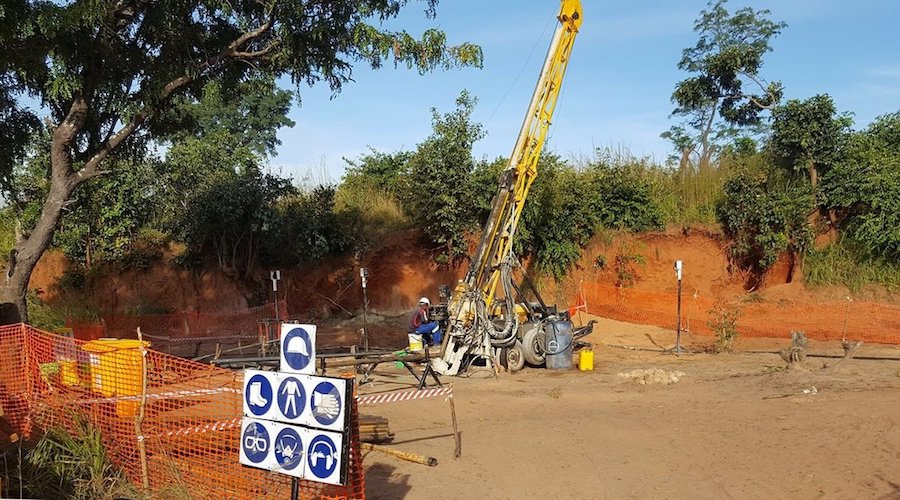AVZ Minerals secures Chinese backing for DRC lithium project

AVZ’s interest in the project would drop to 51% from 75%, while DRC-owned firm Cominiere (La Congolaise d’Exploitation Minière) would retain its 25% stake.
The total value of the transaction is expected to surpass $400 million with this amount subject to project development costs verification. The parties have also agreed to assess the feasibility of developing a lithium hydroxide facility.
Private firm Suzhou CATH will pay $240 million for a 24% stake in the project, but total investment is expected to surpass $400 million.
AVZ and CATH will now evaluate and progress a study to increase annual production, expanding Dense Media Separation (DMS) capacity from 4.5 million tonnes throughput producing about 700,000 tonnes of spodumene concentrate (SC6), as contemplated by the Definitive Feasibility Study dated April 2020 (DFS), to 10 million tonnes DMS throughput producing 1.6 million tonnes of SC6.
These studies began in early September and are expected to be advanced by December.
The Manono lithium-tin project is estimated to be one of the largest lithium-rich LCT (lithium, caesium, tantalum) pegmatite deposits in the world.
The Australian mineral explorer already has an agreement with another Chinese company, Chengxin Lithium Group. The firm, one of the world’s top producers of the commodity used in electric vehicle batteries, will buy lithium ore mineral spodumene from Manono project for three years.
Shenzhen-based Chengxin is expected to buy an average of 160,000 tonnes to 180,000 tonnes a year, which means AVZ has secured buyers so far for half of the Manono project’s forecast output.
A recent report by the International Energy Agency (IEA) recommended governments start stockpiling battery metals, noting that lithium demand could increase 40-fold in the next 20 years. IEA executive director Fatih Birol said this would become an “energy security” issue.
China dominates lithium processing, while mine supply largely comes from Chile and Australia.




